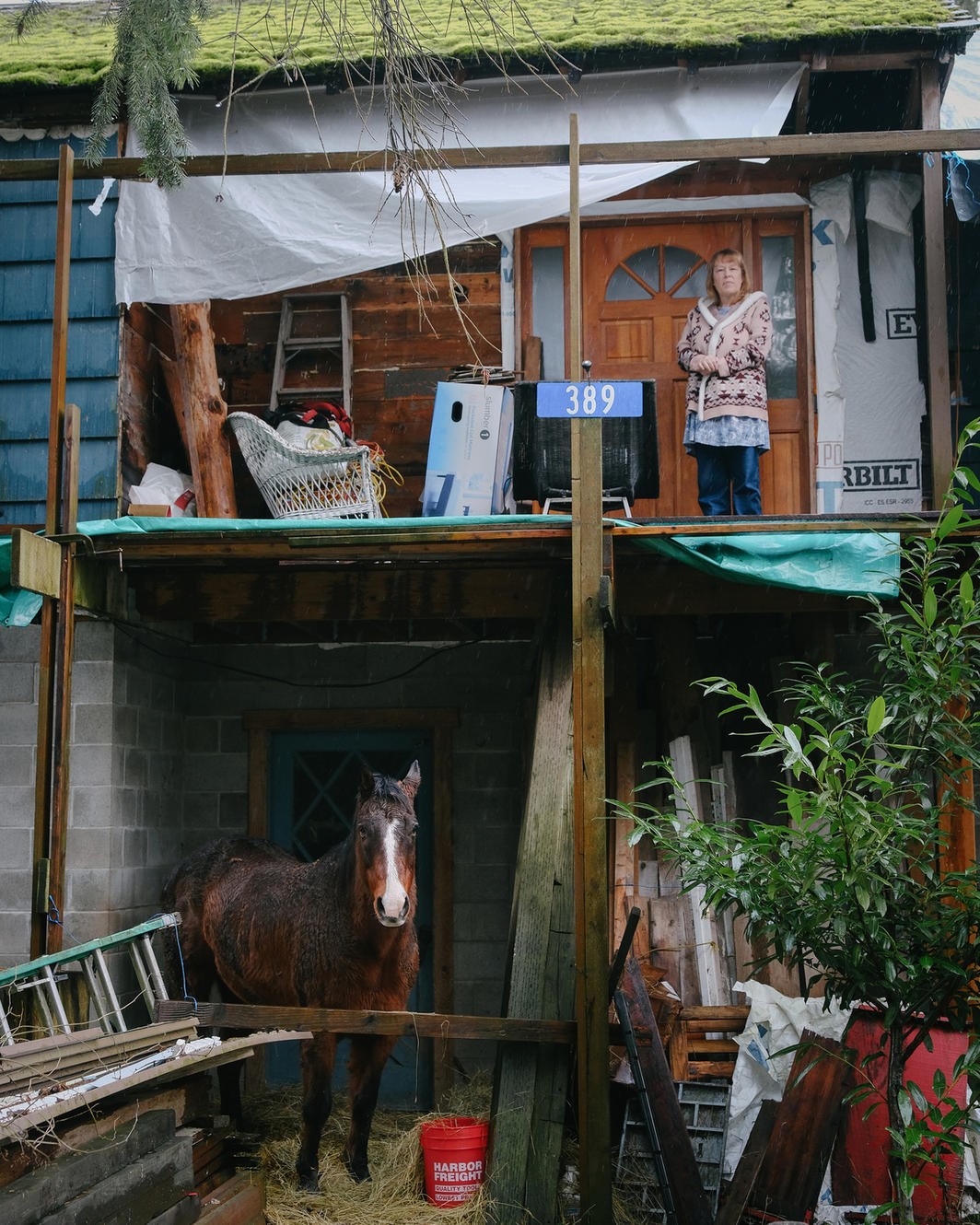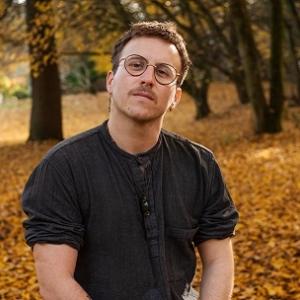Environmental justice and river restoration in Puget Sound
As the second largest estuary in the United States, Puget Sound is a national figure for river restoration. River restoration is an important tool for repairing legacies of uneven economic development that have degraded river systems across the US and resulted in disproportionate impacts on communities who are poor and communities of color, leaving them exposed to all kinds of environmental hazards and harm. Currently, river restoration as a form of ecological improvement is also emerging as an important climate change adaptation strategy as well as a nexus of social justice concerns. Drawing on two years of archival, ethnographic, and community-based research, this talk will explore two distinct modes of river restoration as they relate to ideas of environmental justice. By drawing on comparisons of two distinct communities who live along the banks of the Skagit and Duwamish Rivers, this talk discusses how communities come to understand and define environmental harm and how this relates to concerns for environmental justice.

About the Speaker

Grant Gutierrez (he/him/él) currently serves as the Environmental Justice Planner for the Hazardous Waste & Toxics Reduction program at Washington Dept. of Ecology. In this newly created position, he leads, implements, coordinates and reviews all environmental justice work as it relates to the program’s mission to regulate, reduce and eliminate the effects of toxic pollution on the many publics of Washington. Additionally, he assists with the implementation of Washington’s new environmental justice law - the Healthy Environment for All (HEAL) Act - for the agency.
Grant completed his PhD in a multidisciplinary ecology program. Trained as a cultural anthropologist, his research explored the environmental justice dimensions of ecological improvement in Puget Sound. By drawing on collaborative and community-based research methodologies, he analyzed the cultural and political identities of communities bound-up in river restoration efforts through a comparative ethnographic project on the Skagit and Duwamish rivers. He continues to explore the possibilities of applied research through his position in state government.
Grant is in the deep end of a personal-political love affair with rivers. His childhood in the foothills of the American River watershed has shaped how he shows-up for his work: with an open heart, constant curiosity, and a desire to be of service. He has worked alongside vibrant communities reclaiming their rivers, from anti-dam social movements in Chile, to watershed council politics in his hometown, and now, where he calls home in Puget Sound. He holds a B.A. in Anthropology with a Special Concentration in Sustainable Development from Columbia University. Alongside work, he enjoys going down to the riverside, cooking, spending time with his community, doing things with his hands, riding his bike, and laughter.
Environmental Speaker Series
The Environmental Speaker Series is hosted by the College of the Environment at Western Washington University.
The Series is free and open to the public. Talks are held each Thursday at 4:30 pm in Academic Instructional Center West room 204 - AW-204. Talks will also be streamed via zoom. Register with the Alumni Association for the zoom link. Paid parking is available in lot C.
Learn more about the Environmental Speaker Series
Subscribe to the Email List